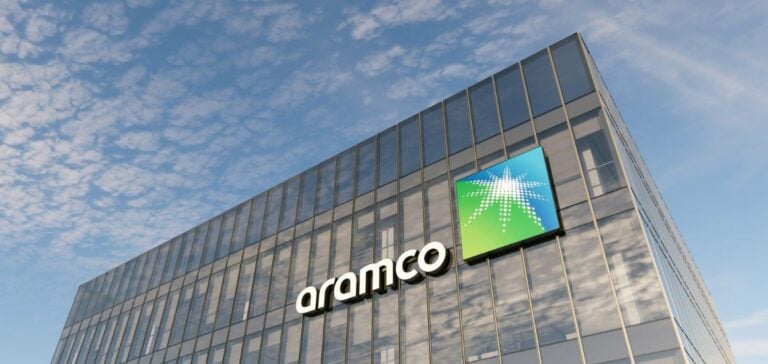Saudi Arabian oil giant Aramco announced on Friday the price of its second public offering, raising $11.2 billion. Set at 27.25 rials ($7.27) per share, this price is at the lower end of the initial range of 26.70 to 29 rials ($7 to $7.70) announced by the company. This strategic operation follows the sale of 1.545 billion shares, or around 0.64% of the company’s total shares. This initiative reflects Crown Prince Mohammed bin Salmane’s economic vision, aimed at diversifying the Saudi economy and financing the Vision 2030 reform program. Around 10% of the shares were offered to retail investors, with the remainder going to institutional investors. According to the company’s press release, the retail offer has been fully subscribed, with a total of 1,331,915 subscribers.
Impact on value creation and economic prospects
Listing of this new tranche of shares will begin on Sunday. Aramco shares closed Thursday’s trading session at 28.30 rials ($7.50), valuing the company at around $1,830 billion. This valuation exceeds $1,760 billion at the new offer price, illustrating strong investor demand despite an uncertain global economic context. Since its historic IPO in December 2019, when 1.5% ofAramco ‘s shares were sold to raise $25.6 billion, the company remains a central player in the Saudi economy. This new public offering strengthens the kingdom’s ability to finance its ambitious projects and attract foreign investment.
Challenges and future strategies
Saudi Arabia, the world’s leading oil producer, continues to face major challenges in attracting the investment needed to reduce its economy’s dependence on hydrocarbons. The success of this new public offering represents an important step towards this goal, but also underlines the constant efforts required to maintain the country’s economic attractiveness. The strategy of economic diversification is crucial to Saudi Arabia’s future. The Vision 2030 initiative aims to transform the kingdom’s economic landscape by investing in non-oil sectors and developing modern infrastructure. The financing of these projects depends to a large extent on the ability to attract substantial investment, both domestic and foreign. Aramco’s new fundraising is a positive indicator of investor confidence in the stability and growth prospects of the Saudi market. However, the kingdom will need to continue to improve its business environment and offer attractive incentives to maintain this momentum. All in all, Aramco’s successful public offering marks a significant step forward in Saudi Arabia’s efforts to strengthen its economy and diversify its sources of revenue. The challenges remain many, but with strategic initiatives and bold reforms, the kingdom could well achieve its ambitious goals by 2030.






















